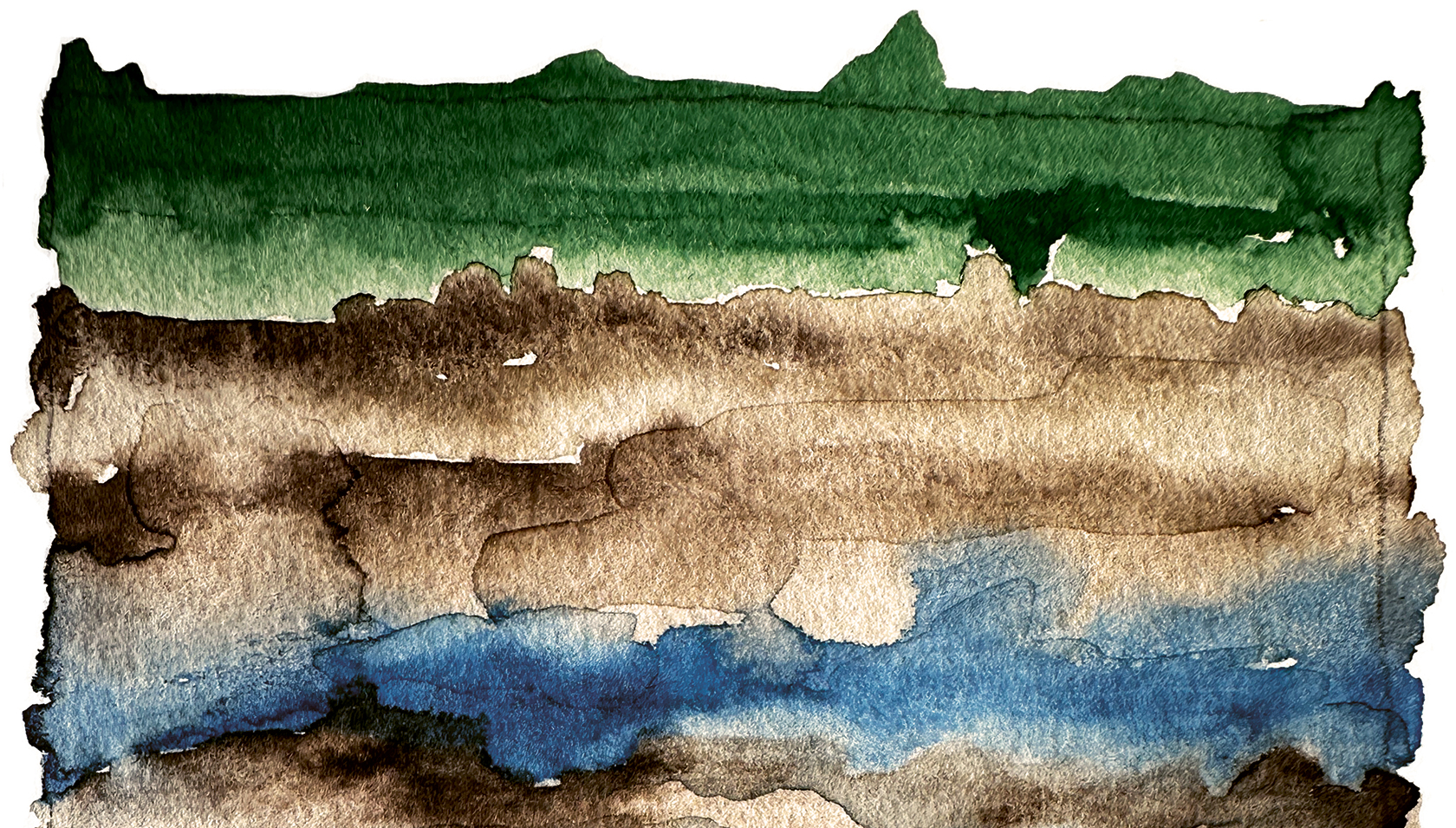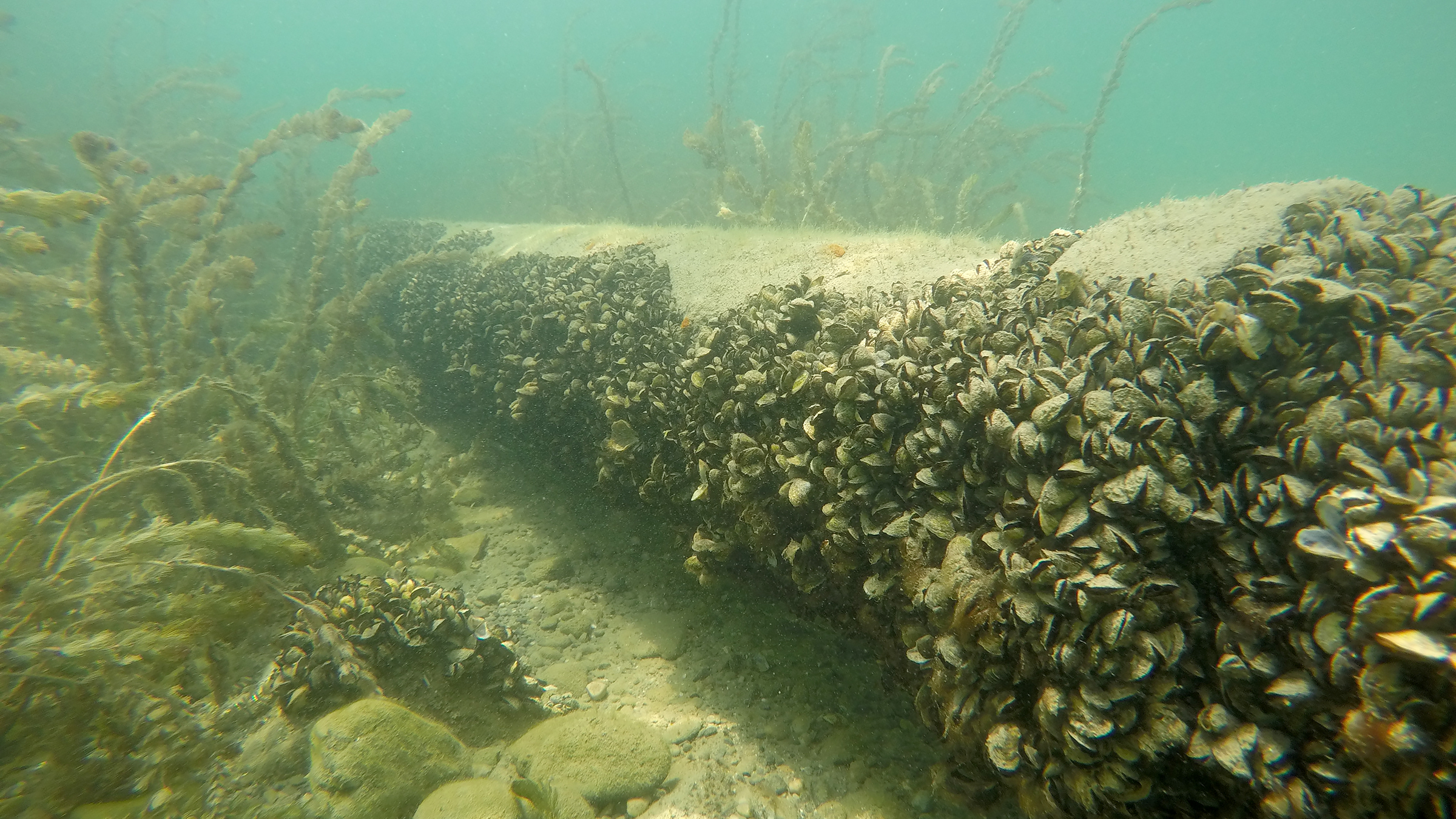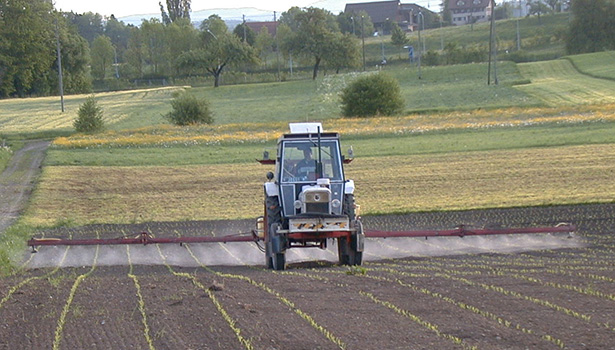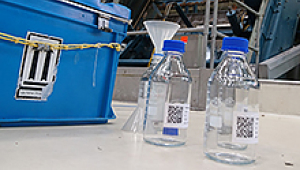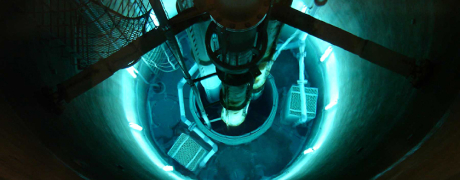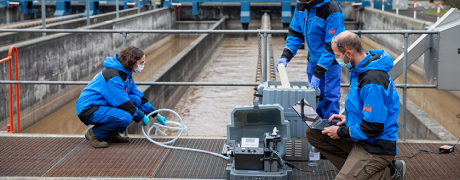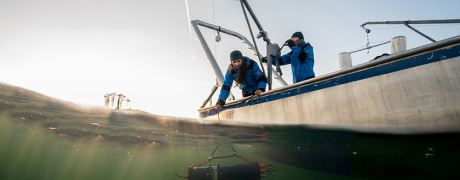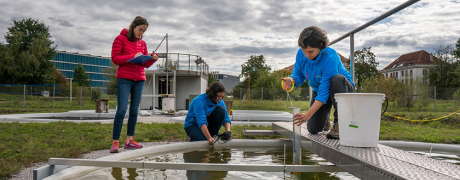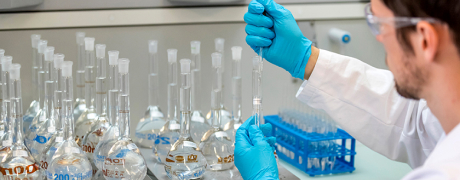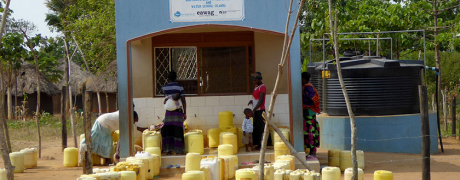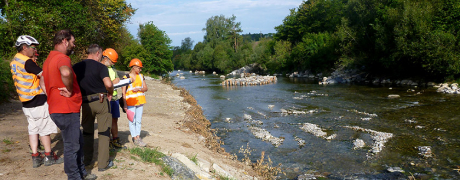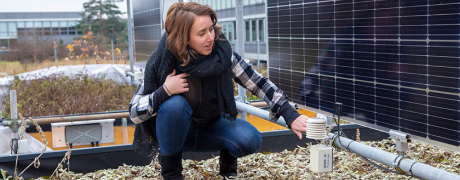Science that matters
Eawag is one of the world’s leading aquatic research institutes. With its professional diversity, close partnerships with practitioners and an international network, Eawag offers an excellent environment for the study of water as a habitat and resource, for identifying problems at an early stage and for developing widely accepted solutions.
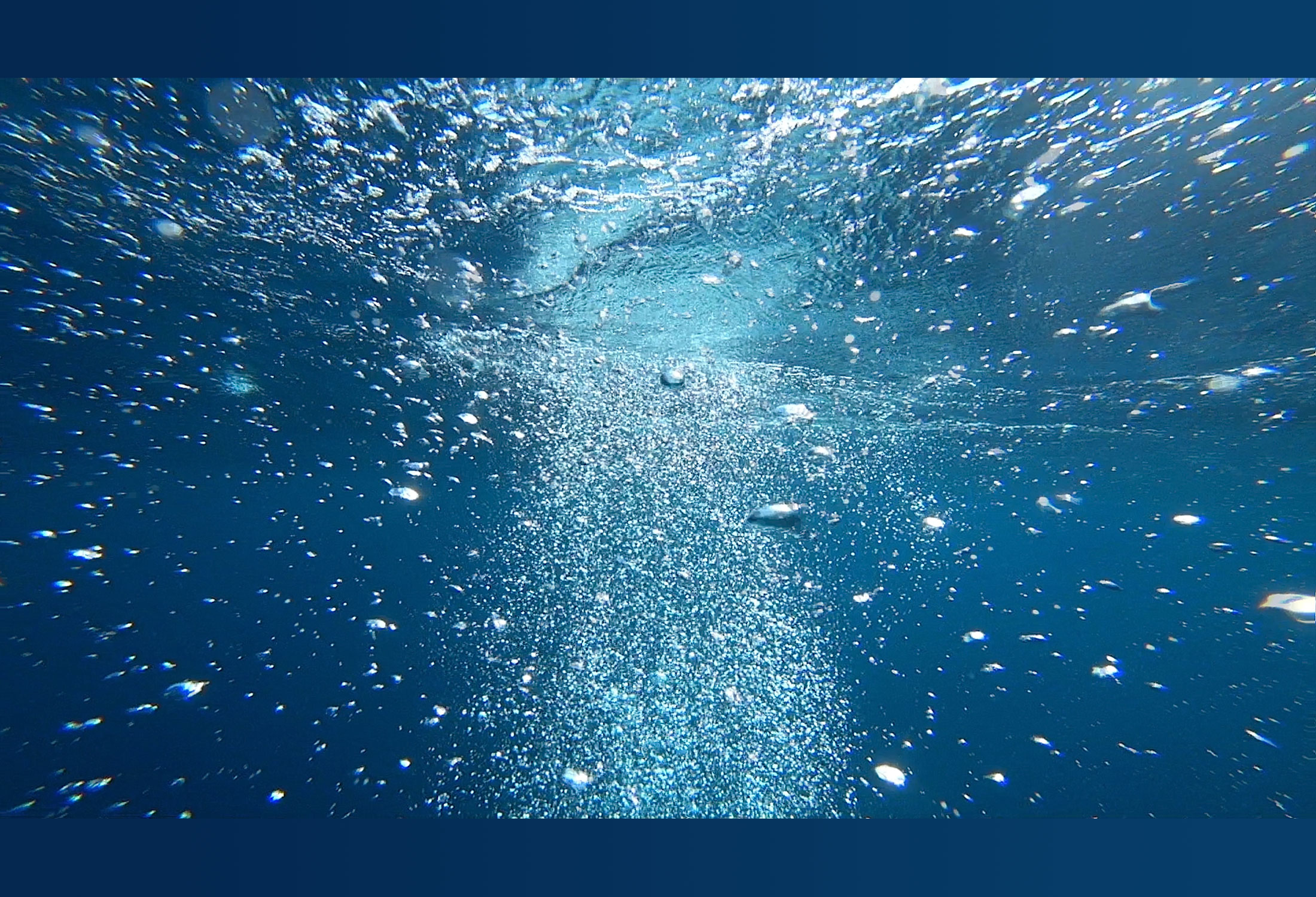

The latest news from Eawag
The latest news from Eawag

Plant protection with fewer chemicals would have ...
December 8, 2025

How artificial intelligence detects nitrate hotspots
December 1, 2025

Alplakes receives Swiss prize for open research data
November 28, 2025

Animal tracking deep underwater
November 27, 2025

Environmental chemist Walter Giger has passed away
November 19, 2025


